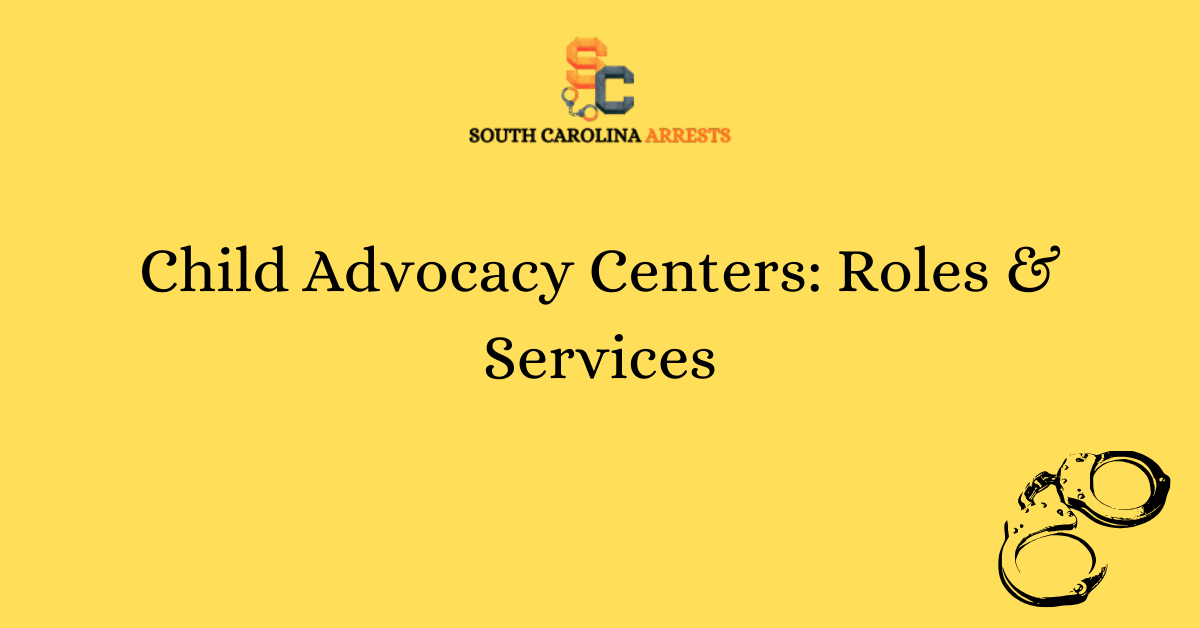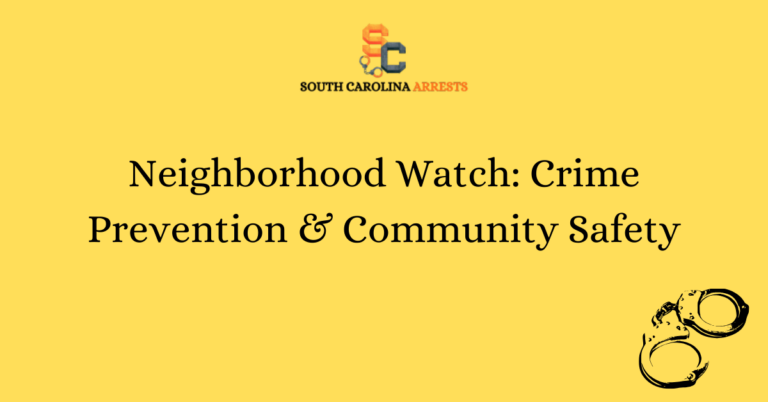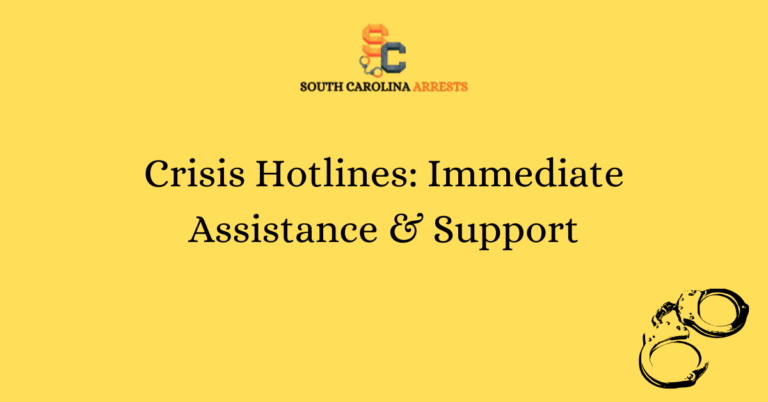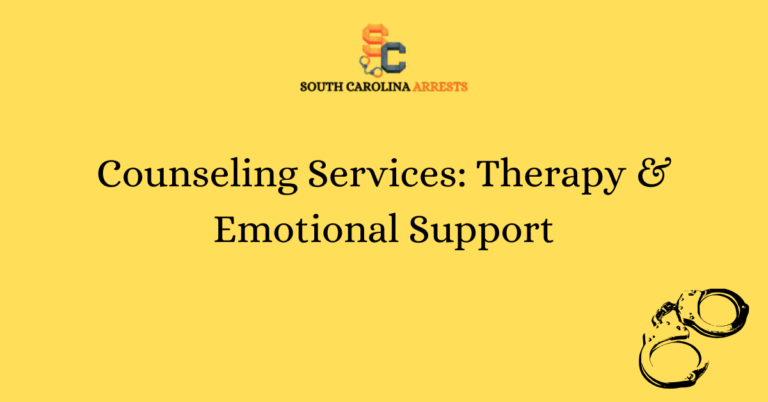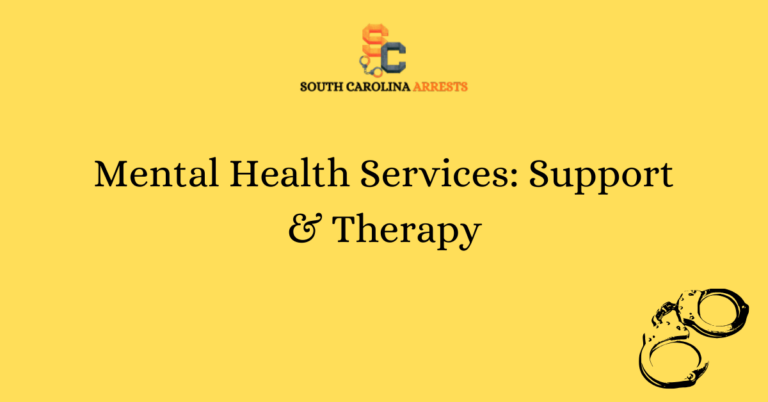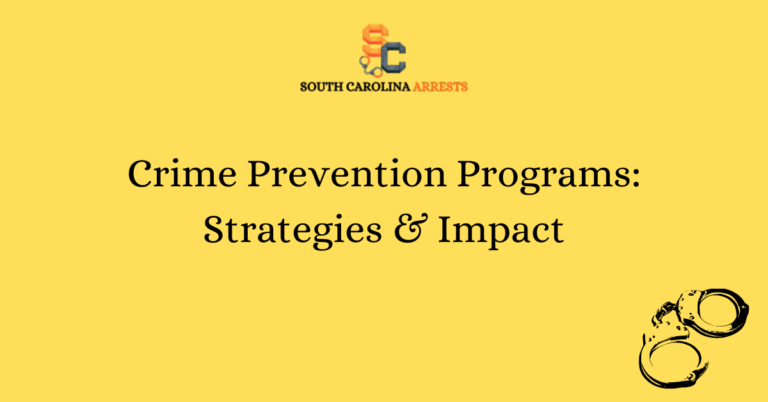Child Advocacy Centers: Roles & Services
Child Advocacy Centers play a crucial role in providing support and resources for children who have been victims of abuse or neglect. These centers serve as safe spaces where children can receive the care and attention they need to heal from traumatic experiences. Through a multidisciplinary approach, professionals at Child Advocacy Centers work together to ensure that children receive the necessary services to navigate the complex legal and social systems.
Additionally, these centers offer a range of services, including forensic interviews, medical exams, therapy, and case management. By coordinating efforts among various agencies and professionals, Child Advocacy Centers strive to minimize the trauma experienced by children and their families. Through their dedication and expertise, these centers play a vital role in advocating for the well-being and rights of children in challenging circumstances.
Vital Role of Child Advocacy Centers in Supporting Traumatized Children
Child advocacy centers play a crucial role in supporting children who have experienced trauma. These centers serve as safe spaces for healing, offering a range of services to ensure comprehensive care for young victims. Through a multidisciplinary approach, child advocacy centers bring together various professionals to address the physical, emotional, and legal needs of children in crisis.
Supporting Children in Trauma
Child advocacy centers are dedicated to supporting children who have experienced trauma. These centers provide a safe and supportive environment where children can receive the care and resources they need to heal. By offering a range of services, child advocacy centers ensure that every aspect of a child’s well-being is addressed, from forensic interviews to medical exams and therapy.
Safe Spaces for Healing
Child advocacy centers are designed to be safe spaces where children can feel comfortable and supported. These centers are often child-friendly and welcoming, with trained professionals who are experienced in working with children in crisis. By creating a nurturing environment, child advocacy centers help children feel safe and empowered to share their experiences.
Multidisciplinary Approach for Comprehensive Care
Child advocacy centers take a multidisciplinary approach to care, bringing together professionals from various fields to address the complex needs of children in crisis. By working collaboratively, these professionals can provide comprehensive care that addresses the physical, emotional, and legal aspects of a child’s trauma. This approach ensures that children receive the support they need to heal and thrive.
Range of Services Offered
Child advocacy centers offer a range of services to support children who have experienced trauma. These services include forensic interviews, which are conducted by trained professionals to gather information for legal purposes. Medical exams are also offered to assess and address any physical health concerns, while therapy provides emotional support and healing. Case management services help coordinate support and resources for children and their families.
Forensic Interviews for Legal Support
Forensic interviews are a crucial service offered by child advocacy centers to gather information from children who have experienced trauma. These interviews are conducted in a child-friendly and trauma-informed manner, ensuring that children feel safe and supported throughout the process. The information gathered during forensic interviews can be used to support legal proceedings and ensure that children receive the justice they deserve.
Medical Exams for Physical Health
Medical exams are an essential service provided by child advocacy centers to assess and address any physical health concerns that children may have. These exams are conducted by trained medical professionals who specialize in working with children who have experienced trauma. By addressing physical health needs, child advocacy centers ensure that children receive the medical care they need to recover and heal.
Therapy for Emotional Healing
Therapy is a vital service offered by child advocacy centers to support children in their emotional healing process. Through therapy sessions, children can explore their feelings, process their experiences, and develop coping strategies for dealing with trauma. Therapists at child advocacy centers are trained in working with children who have experienced trauma, providing a safe and supportive space for emotional healing to take place.
Case Management for Support Coordination
Case management services are provided by child advocacy centers to coordinate support and resources for children and their families. Case managers work closely with families to identify their needs and connect them with the appropriate services, such as counseling, legal support, or housing assistance. By coordinating care and resources, child advocacy centers ensure that children and their families receive the support they need to heal and recover.
Minimizing Trauma Through Collaboration
Child advocacy centers work collaboratively with various agencies and professionals to minimize trauma and ensure that children receive the care and support they need. By coordinating efforts among different organizations, child advocacy centers can provide comprehensive care that addresses all aspects of a child’s well-being. Through dedication to advocating for children’s well-being, child advocacy centers strive to create a safer and more supportive world for young victims of trauma.
Frequently Asked Questions
Our Frequently Asked Questions section is designed to provide you with comprehensive information about Child Advocacy Centers: Roles & Services. Explore the FAQs below to learn more about this important topic.
What is a Child Advocacy Center?
A Child Advocacy Center is a child-friendly facility where individuals from various disciplines work together to investigate and provide services to children who may have been abused.
What services do Child Advocacy Centers offer?
Child Advocacy Centers offer a range of services, including forensic interviews, medical exams, therapy, and support services for children and families affected by abuse.
How are Child Advocacy Centers funded?
Child Advocacy Centers are typically funded through a combination of federal, state, and local government funding, grants, donations, and fundraising efforts.
Who is involved in a Child Advocacy Center team?
A Child Advocacy Center team typically consists of professionals such as law enforcement officers, child protective services workers, prosecutors, medical professionals, and mental health professionals.
What is the role of law enforcement in Child Advocacy Centers?
Law enforcement plays a crucial role in investigating allegations of child abuse, working closely with other professionals at the Child Advocacy Center to ensure a coordinated and comprehensive response.
How do Child Advocacy Centers protect the rights of children?
Child Advocacy Centers prioritize the well-being and rights of children by providing a safe and supportive environment for them to disclose abuse, receive services, and access resources to help them heal and recover.

